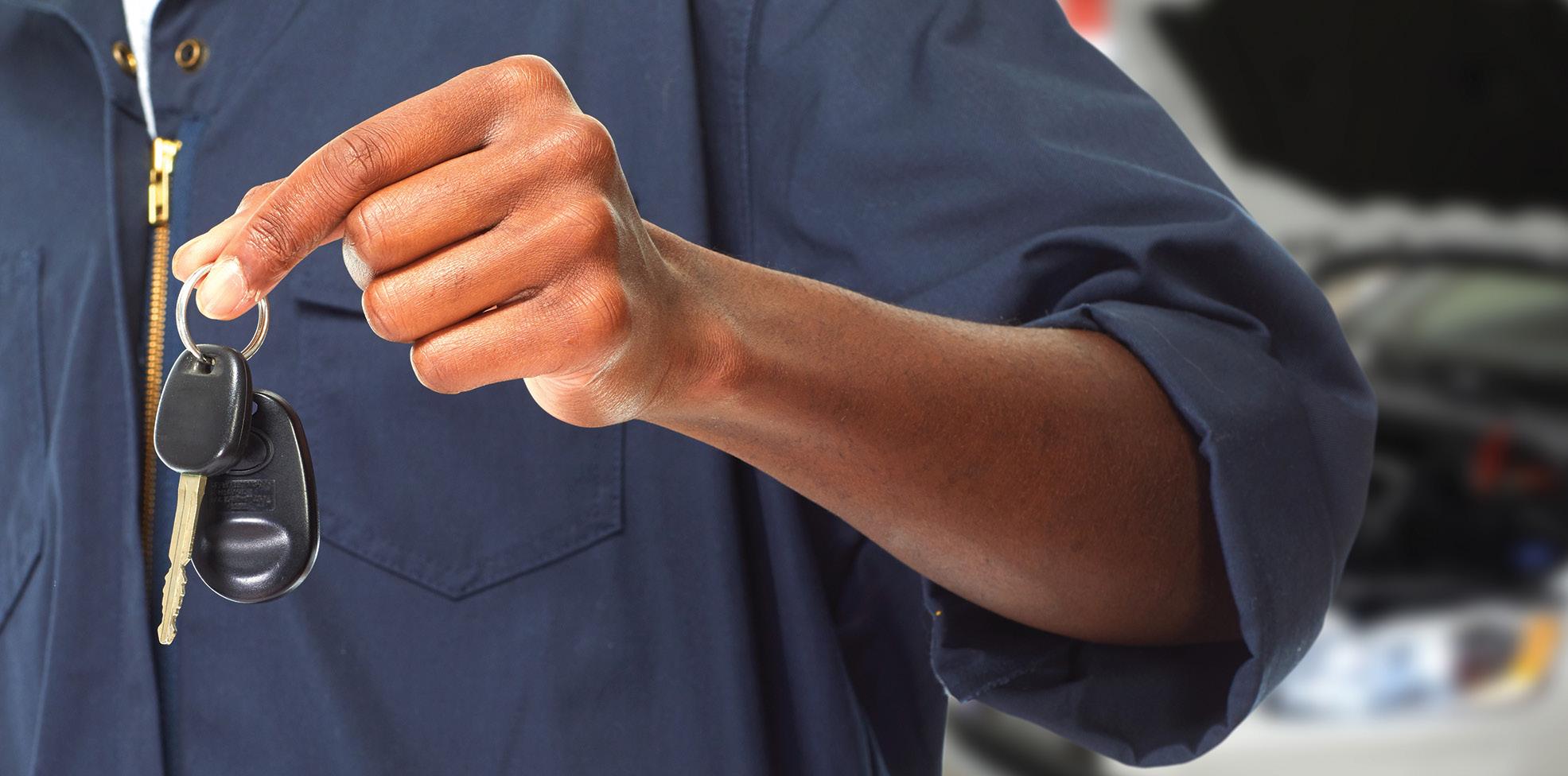AAAA NEWS
MANDATORY DATA SHARING FINISH LINE IN SIGHT
I am very pleased to announce that the Legislation for the sharing of Automotive Service and Repair Information was introduced into the Australian Parliament on 24 March 2021, which begins the process of our Bill passing into Law. We expect the Legislation to progress through the Parliament during the Winter sitting period, which runs from May to early September. It was an incredible experience on that Wednesday morning to listen to the Assistant Treasurer, the Honourable Michael Sukkar MP, state in Parliament for the record that the government supports independent repairers and that a Law is required to ensure that consumers continue to have choice. While this is not the end of this journey, we can clearly see the finish line from here. Introducing the Law means that the ball is rolling, and it will continue to its natural conclusion. What we witnessed that morning is the beginning of a process that cannot be stopped unless the government withdraws the Bill and there is certainly no sign of that happening. Over the past few days, I have been speaking to many of my industry colleagues that have championed the cause for so long and the most frequent questions I am hearing are: what’s included, what’s not, and what are the AAAA’s views on how well the new Law will deliver fair and open competition?
The simple answer is we are generally happy with the Legislation as it was introduced. We have a few concerns, and we are seeking clarification over some areas, but the previous draft contained some absolute deal breakers, and we were very pleased to see that our representations to Government were taken onboard and were addressed in the final version of the Legislation. A good example is that the early draft stated that we would receive repair information within two working days. I think we know how that was going to play out, with independent repairers and their customers being made to wait the full two days for the required information. The updated Law puts an emphasis on data being supplied in real-time. So, the Law is 95 percent there, but we have some areas to clarify as it continues on its path through both houses of Parliament. Let’s focus on what I think are the top five things that I like about the structure of this legislation: 1. The principle of fair competition – it is very clear that independent repairers will get access to all information required to
service, repair and modify a vehicle. That’s incredible. And we get that information on fair and reasonable terms. If we don’t get it, the ACCC has the power to impose financial penalties of up to $10 million per offence, so that is a big tick. 2. The establishment of an Industry Body to operationalise the scheme. This organisation will be jointly run by the FCAI, AADA, AAA, MTAA and AAAA and will operate a secure data release model, provide mediation, and dispute resolution services and provide regular feedback to Government on the operation of the scheme. 3. The scheme includes access to security information. This information will be subject to a vetting or registration process requiring evidence of skill and a likely police check – similar to the American model that has worked successfully for nearly a decade. 4. There is a clear definition of fair and reasonable commercial terms and a statement about accessible format – that means in a format that works in practical terms including pass through technology. 5. The Minister can make changes to the Act and to the Scheme rules if the car companies engage in activities that are designed to frustrate the scheme. That final point is important because we could not possibly anticipate everything that car companies may do in the future and this clause means we don’t have to. It is also important to Australian Automotive Aftermarket Magazine April 2021
5























